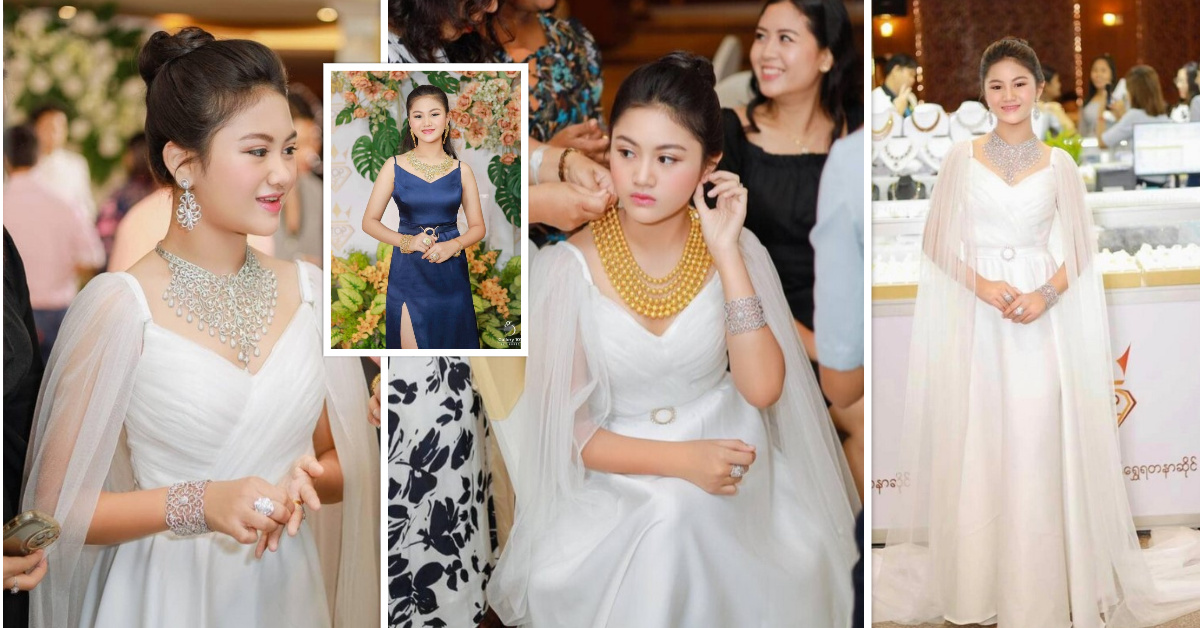







Second just to the boss, 42-year-old Daouda Mbengue is the most-regarded man in his town. Despite the fact that he communicates in three dialects and finished his practitioner training in Sénégal’s capital city of Dakar, those are not what separate him. His two spouses and their children are viewed as an image of status in his Muslim people group, however that is not why he is respected, by the same token. Daouda stands out because he returned home.
Quite a bit of Sénégal, in Western Africa, lies in the dry Sahel Desert, yet the southern Casamance locale has a rich and heat and humidity. The capital, Dakar, lies on the Cap Vert promontory, the westernmost point in Africa. This is the place that is known for the Lébou, Daouda Mbengue’s kin. Numbering around 300,000, the Lébou, customarily anglers, live along the seaside locales of Sénégal, in Mauritania, Gambia and Guinea-Bissau.
Daouda’s dad and granddads made their occupations from the sea, however business fishing boats gradually purged the waters. As Daouda did, leaving the villages for the cities is now the only way for a Lébou man to make a living. His family pooled their cash for him, the most established child, to go the college in Dakar.
In the wake of procuring his certificate, Daouda was extended to an esteemed employment opportunity with the Sénégalese military. He worked in the kids’ medical clinic of a huge city and had practical experience in tuberculosis — a totally different world than he knew experiencing childhood in the little fishing town of Sindou.
He heard one day that a village had built a clinic, but no one was running it because the country didn’t have enough doctors. Except if he got back to his town, the facility would sit void.
“Assalaamaalekum [Peace be upon you],” I said, welcoming the man wearing a sterile garment, as I removed my plastic shoes and entered the facility. Even though I had only been in Sénégal for a short time, my perspective on culture had already changed. I could see that this little, concrete block working with no water or power was an image of progress for individuals of Sindou

